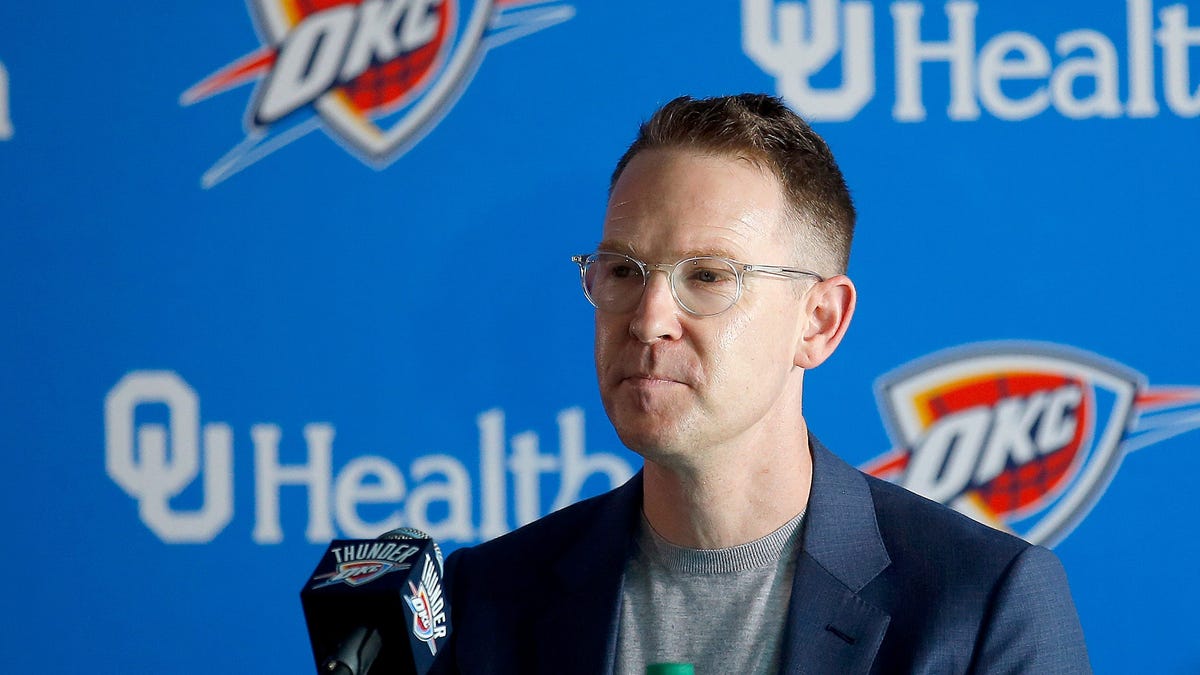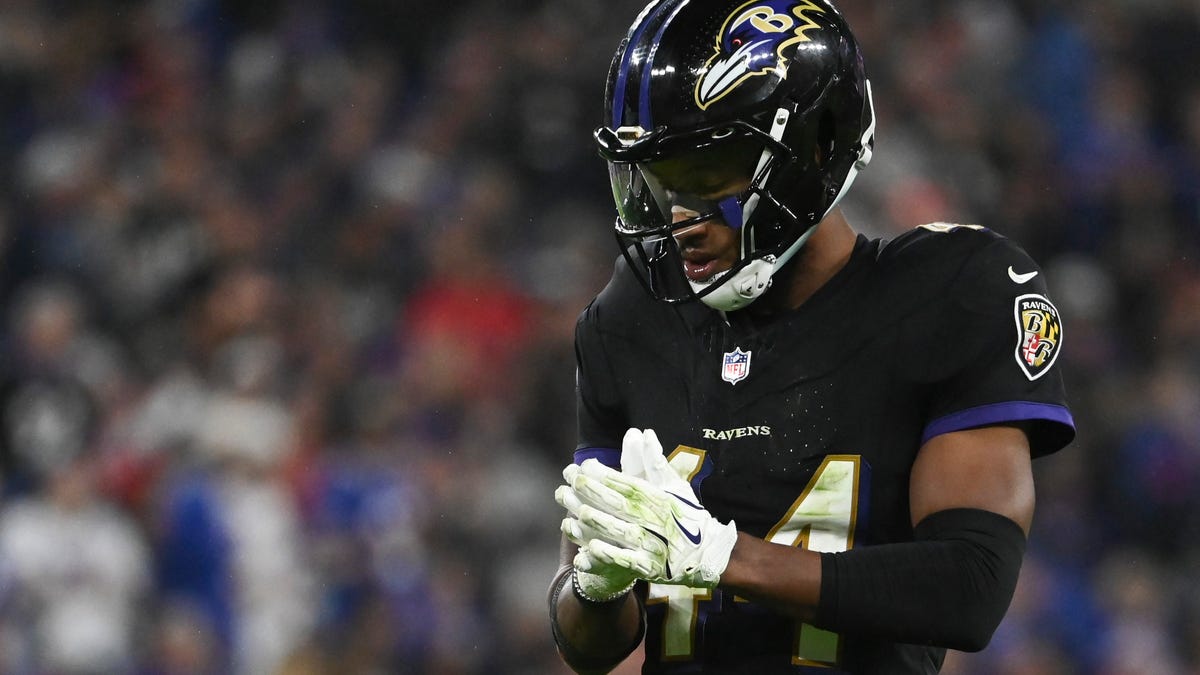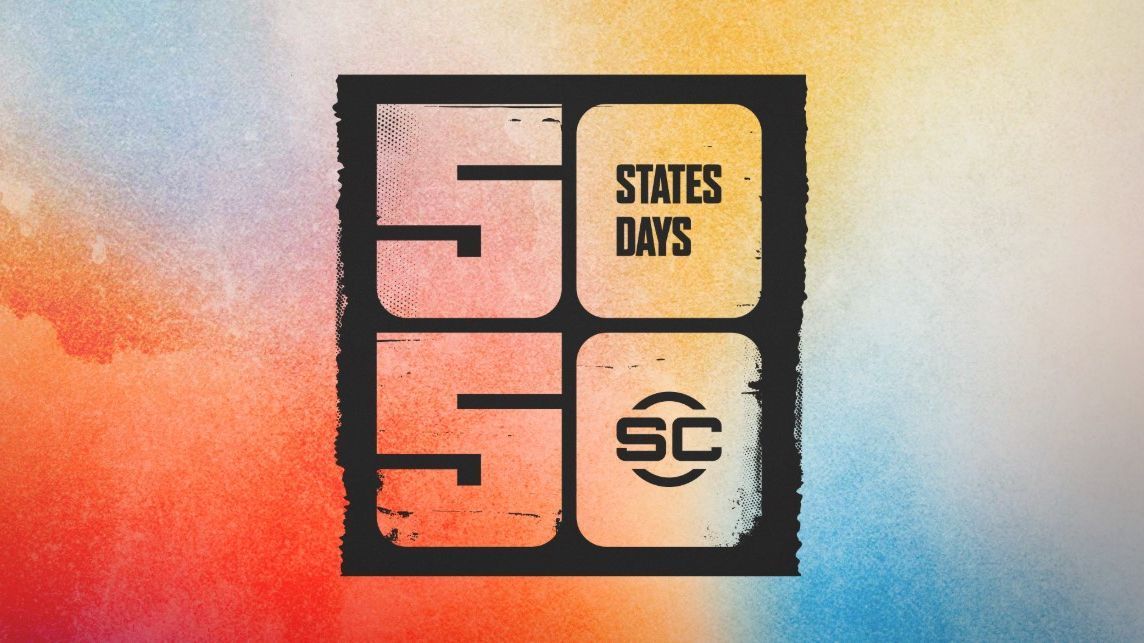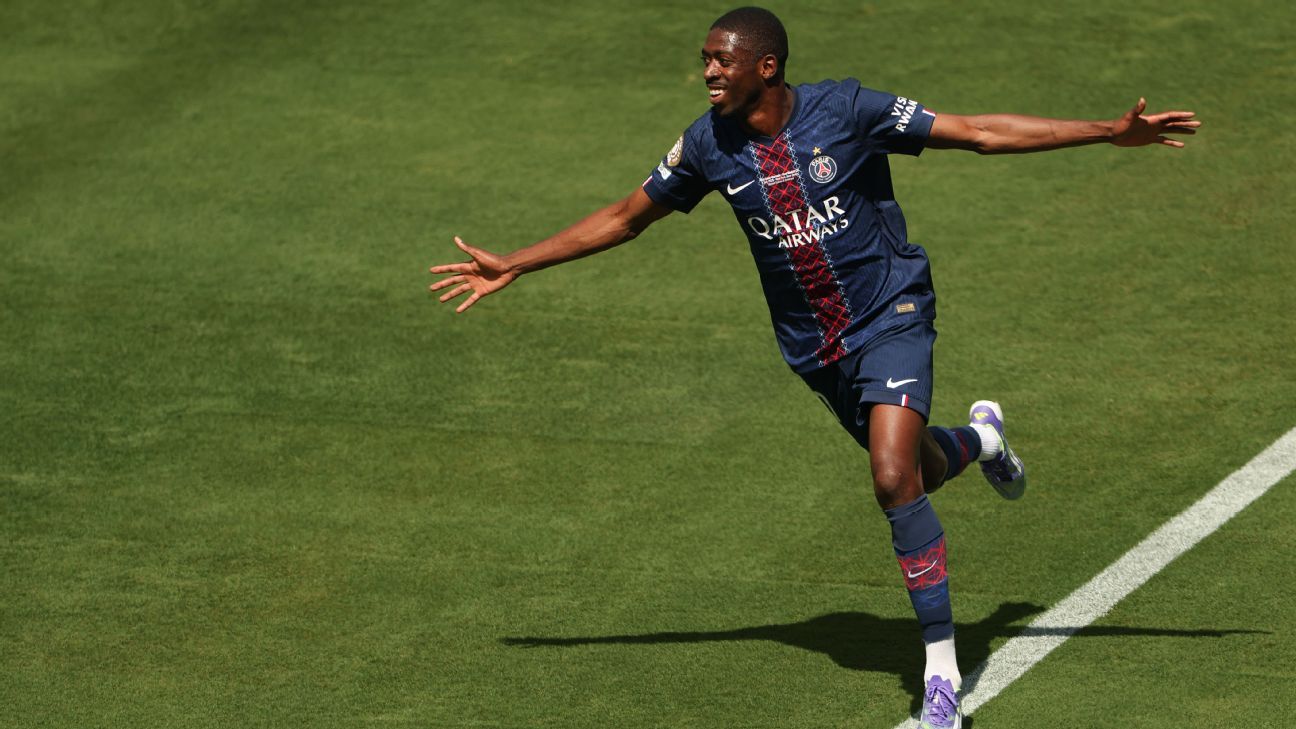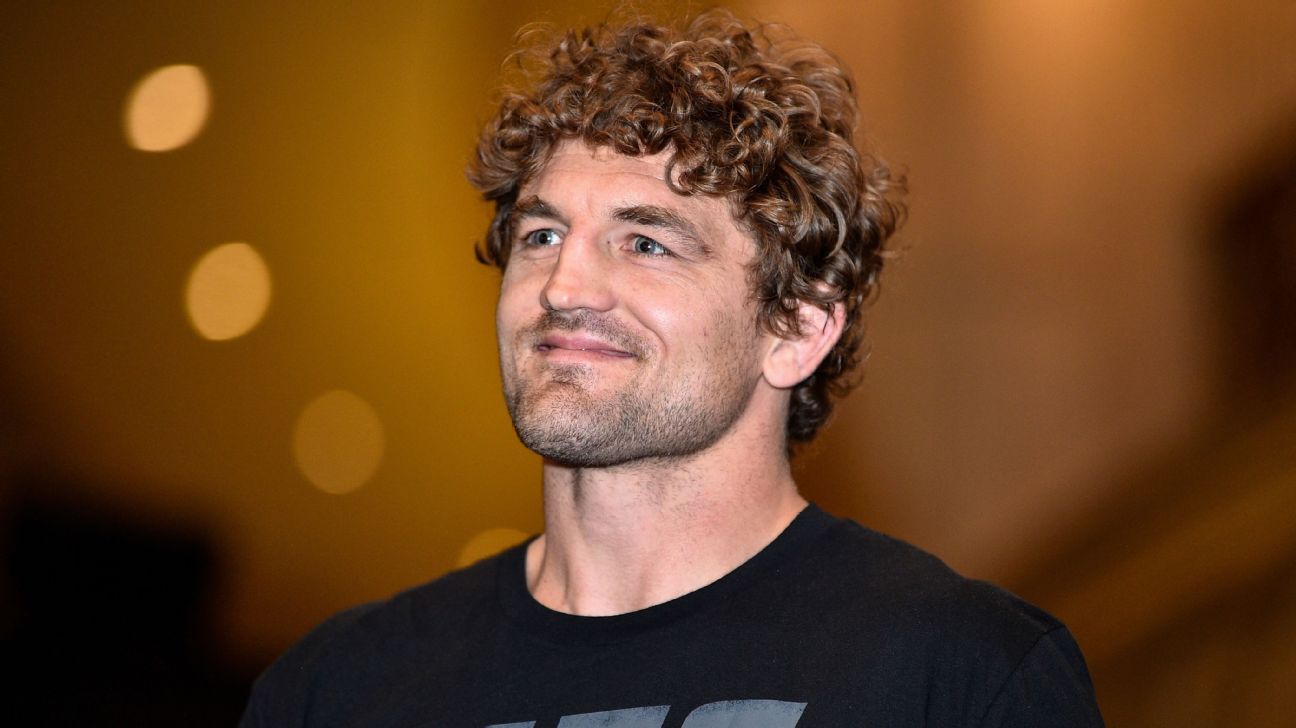After winning an NBA championship, it’s almost time for the Oklahoma City Thunder to pay the price for success. The second-youngest champion in league history has its roster littered with rookie-scale deals by a bunch of players in their early 20s.
As soon as free agency opened, Shai Gilgeous-Alexander took a significant slice away from the payroll pie for the foreseeable future. He signed a four-year, $285 million contract extension that’ll keep him in OKC through the 2030-31 season. It’s the richest deal in NBA history. As things stand right now, his cap hit will peak at around 35%.
OK. That sucks. But hey, you have the MVP winner. You’ve got to pay up. Of course, Gilgeous-Alexander wasn’t going to take any sort of discount in his prime. Next up are Jalen Williams and Chet Holmgren. Both will receive the max. Maybe they can talk one down to save a few million, but it’ll be a small amount.
Williams and Holmgren are eligible for extensions after their third season. That puts the Thunder at one more year without a ridiculously high payroll. Once 2026-27 kicks in, though, Gilgeous-Alexander, Williams and Holmgren will make up most of their payroll for the foreseeable future.
That puts question marks on the long-term future of the rest of the cast. Isaiah Hartenstein, Lu Dort and Cason Wallace are all due for new deals soon. It’s not impossible, but the Thunder will need to work some serious cap space magic to keep those three.
The second apron has scared teams to death. Some have prematurely pulled the plug on their contenders to avoid it. It basically serves as a hard cap ala the NFL. But Sam Presti isn’t too concerned about it. When asked about the aprons, the Thunder general manager said they feel like they’re prepared.
“Well, I think the number one thing on this question is we’re in the very early stages of the CBA, and I think I’ve been around for four CBAs, maybe five, I can’t remember,” Presti said. “And what’s clear is the way people respond and react in the first few years is not the way that the team or teams ultimately end up engaging with the CBA or the rules as it unfolds.”
Sounds like Presti believes that how teams have operated their businesses over the last year won’t become the new norm. And that everything will eventually correct itself. The Thunder have the luxury of patience. The first three years of their championship window will be on bargain salaries thanks to their roster’s rapid ascension from rebuild to NBA champion.
“There’s a limited amount of experience that teams have with these new rules because we only have a few that have been in situations where they’re really impacting them, and then how many of those teams are similar versus the context that future teams might be engaging with these rules, and what else is going on around the league,” Presti said. “So I wouldn’t be too quick to predetermine, ‘Oh, this is the way this works.” You kind of have to see how every team interacts with it. Certainly very mindful of it. Trying to study it and learn. But I don’t think, like, we have a hard-and-fast way in which people are going to be interacting with this set of rules.”
If anybody knows what it’s like to get screwed over by rule changes, it’s the Thunder. At its simplest terms, that’s how they lost Kevin Durant to the Golden State Warriors in 2016. Under any other normal circumstances, no way should a former NBA champion be able to sign the best free agent available that summer.
“Now, for us specifically, the taxes and things, those things have always been in place for years. The repeater tax was conveniently introduced in 2012, as was the Rose rule and a lot of different things,” Presti said. “The way we reacted wasn’t necessarily the way people were ultimately reacting because people were learning and getting introduced to the different experiences.”
The CBA and cap rules always fluctuate in the NBA. What makes sense one year can be completely different down the road. It could force teams to have buyer’s remorse. The current CBA is set to expire in 2029-30, which means a new set of playground rules might soon start. The NBA expects a 10% bump in cap space every year, but things can always change. That said, the Thunder sound prepared for any possibility and have learned from their previous experience.
“But as constituted right now, we wouldn’t face the repeater penalties until the next CBA. So we’re far from that,” Presti said. “The aprons, remains to be seen how we interact with those. But we’ll have to learn as we go along.”



